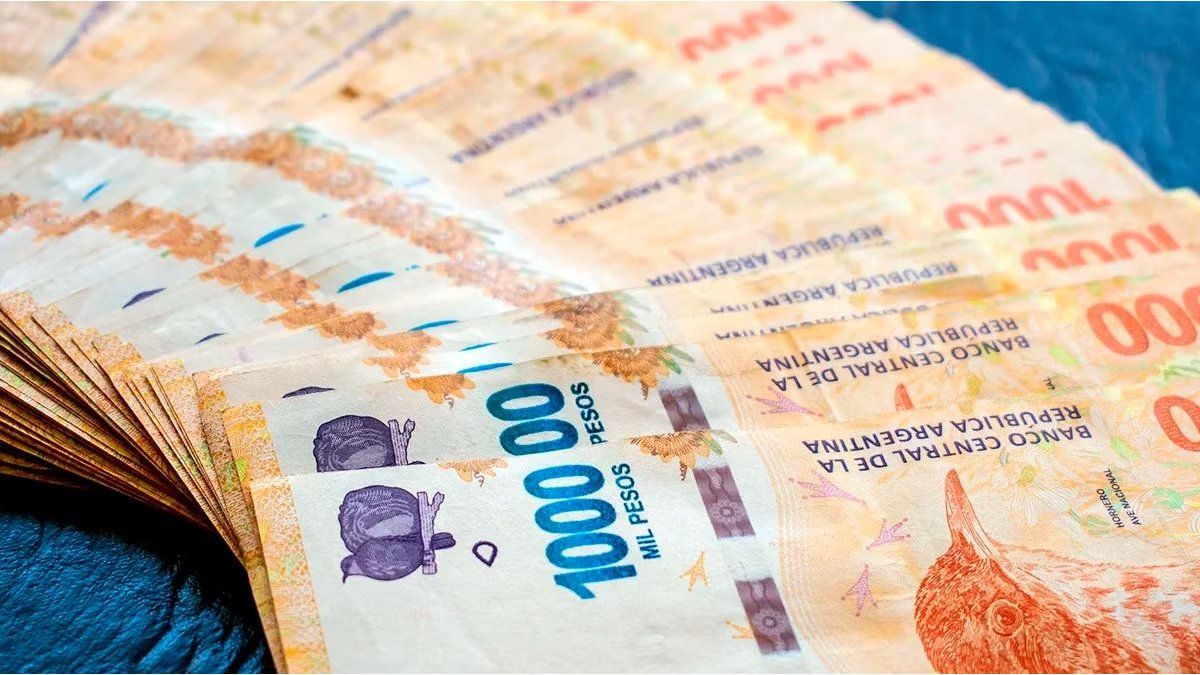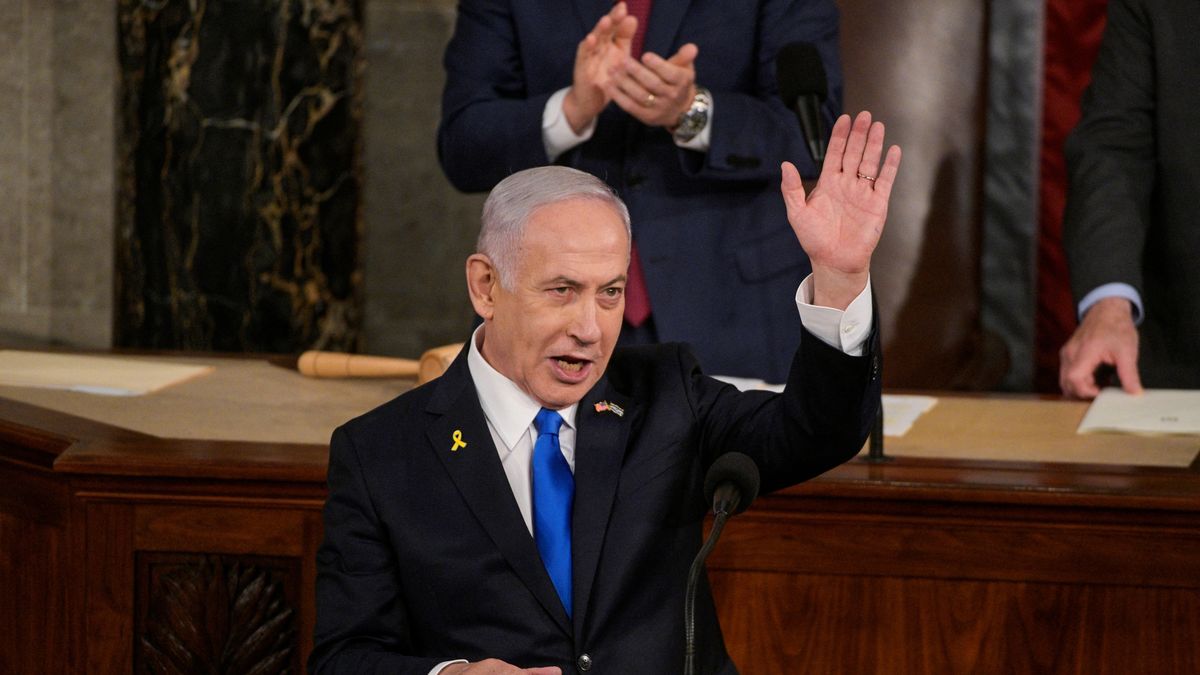Shuffle and deal again. After the new political and economic scenario that was configured with the good results of the candidate of La Libertad Avanza, javier milei, the Government turned the page, tries to rearm itself and changes in some cases of strategy. The first was linked to monetary policy (currency devaluation and super rates), followed by greater restrictions on financial dollars to moderate volatility. In that context, what will happen to prices and wages?
Despite the fact that the Government relativizes that there is a full impact of the devaluation in prices, Work has already begun on several fronts. The first change was the decision to create a unit to negotiate price agreements that will have new figures at the table: one of them is William Michel, the head of Customs and very close to Sergio Massa. He will also be a part Carlos Castagneto, head of the AFIP, gabriel rubinstein and Matias Tombolini who will continue to be the Secretary of Commerce.
Today the agreement expires Fair Prices and from Economy they ratify that the agreements with the companies one by one, will go ahead.
According to official sources, the commission will have the objective of incorporating other variables when negotiating price agreements: the business profitability, cost structure and business commitment in compliance not only with current regulations but also with agreements. In return, incentives could arise: some of those under discussion could be tax discounts and offering a dollar linked account for importing companies that access the MULC, recognizing the gap between the purchase of foreign currency and the payment of imports.
“The Secretariat continues to work as it has been doing”, they confirmed forcefully.
A job done by the Directorate of Policies for the Development of the Internal Market of the Ministry of Commerce, “shows that the 36 mass consumption companies that represent 72% of national consumption (food and beverages, personal care and household cleaning), had variations between 0.1% and 4.3 % in its cost structure”.
Also, that the additional 7.5% that must be paid in the import of non-excepted inputs does not have a significant impact on the cost structure of the companies. In this way, the Secretary concludes that the transfer to prices of said measure should not be significant and will place this report in the talks.
price-inflation-meat-supermarkets.jpg
Last year, meat consumption was 92.5 kilograms per inhabitant.
In small supermarkets, the situation shows other emergencies. Víctor Palpacelli, President of FASA held a dialogue with Ambit that the outlook for now is one of “few certainties.”
“I believe that in the next few days, after Thursday or Friday, we will be able to give a concrete overview of the situation. What we have seen is that the supplying companies have not given reliable communication of what the price movements are going to be. We do know that there was communication with some items that have said that they are going to raise the devaluation margins, but there is nothing concrete. This will undoubtedly end up having an impact on prices, what this situation does is that we sell less and less. In the midst of all this, we are risking our capital by not transferring the price to the gondolas or by not having the adequate information to make the modifications and replenish stock”.
What can happen to wages
In the case of wagessomething that began to refloat on the agenda of the Ministry of Labor It was the lump sum. Consulted sources affirm that “there were calls” although they assure that it is “difficult” for this tool to be applied in a general way. As Ámbito was able to find out, “bonuses” are not ruled out in the framework of negotiations between the business sector and the unions, taking into account the capacity of each sector. In addition, it will continue reopening of parities.
George Hill, Labor Economics specialist in dialogue with Ámbito affirmed that devaluation, whatever it may be, “affects real wages through inflation.” “Initially it deteriorates the salary, but the collective agreements usually have review clauses at the end of the year to compensate for the losses caused by the inflation generated by the devaluation.” Having said this, Colina points out that the fixed sums “compensate for low salaries, but the highest salaries, the percentage that means the lump sum is less. Regardless of what the government does, each agreement has clauses to adjust the loss in salary”.
Source: Ambito




